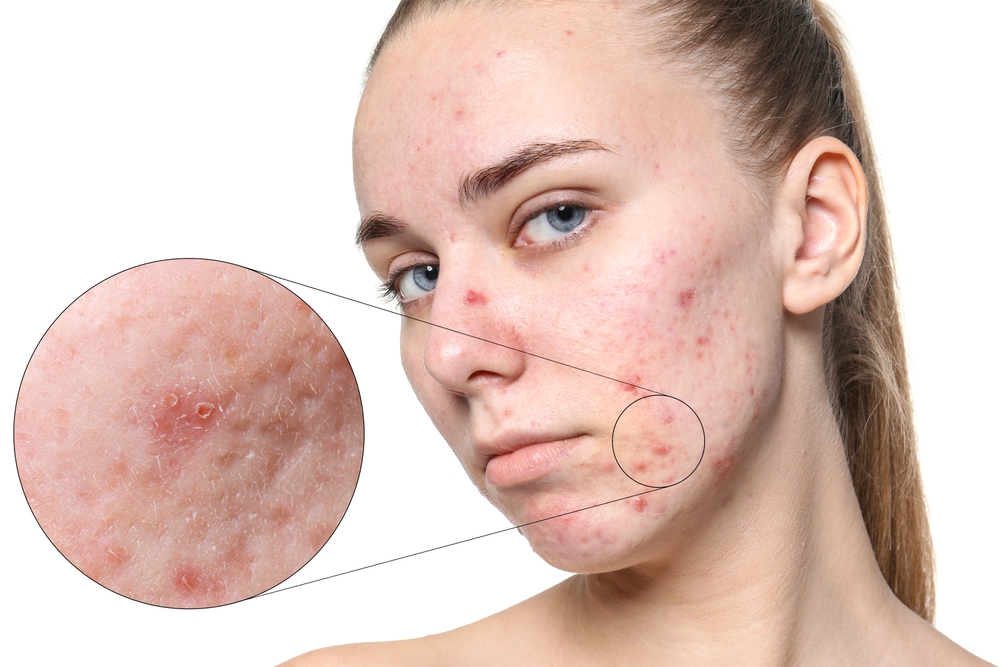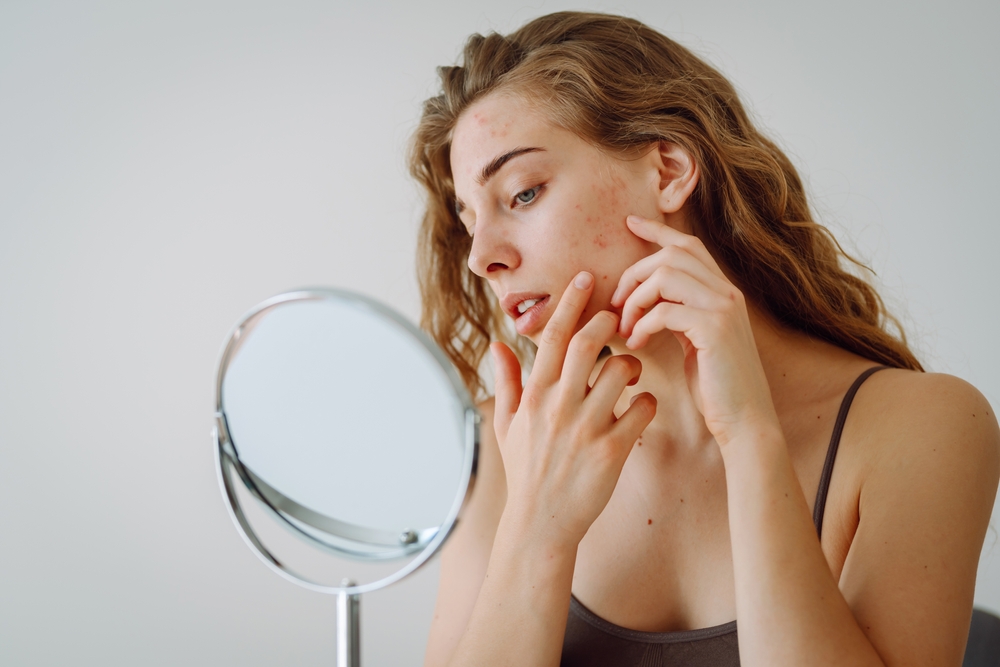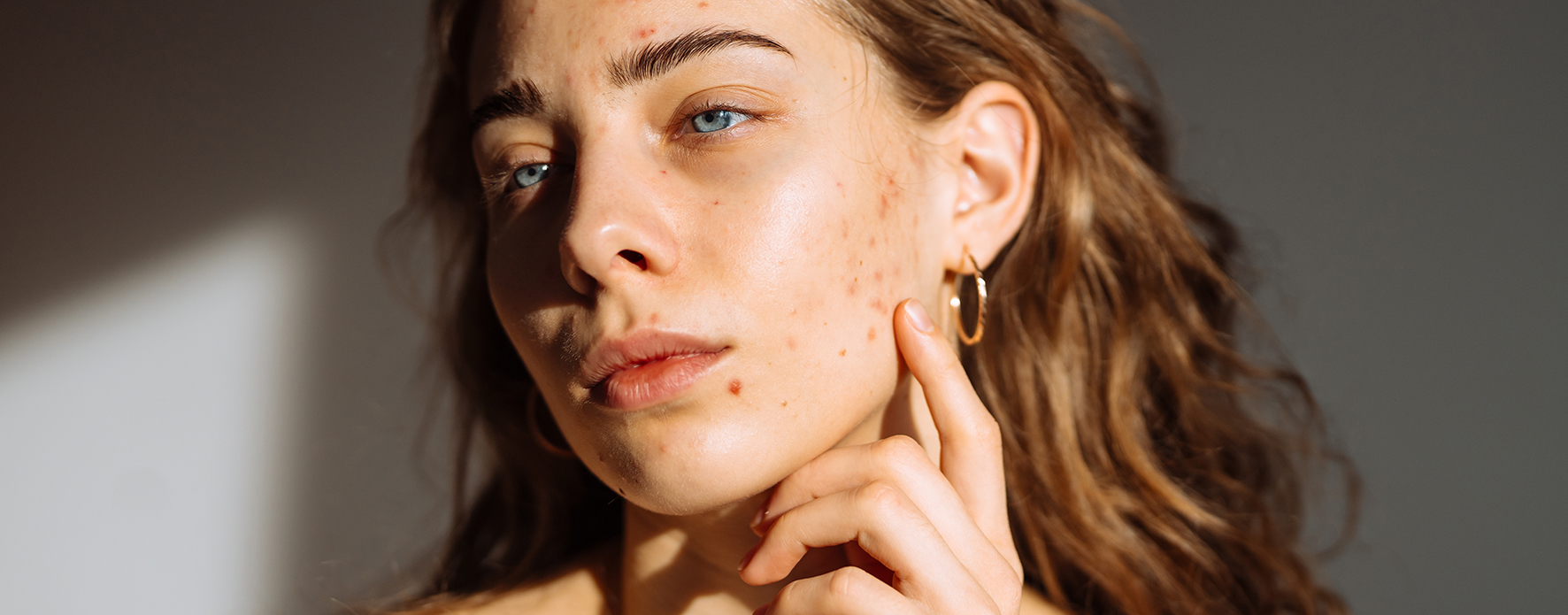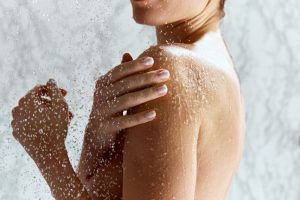Adult acne is a skin condition that affects many people well beyond their teenage years. While often associated with puberty, acne can persist into adulthood, causing both physical and emotional distress. Understanding the causes, exploring treatments, and adopting preventive measures can help manage and mitigate adult acne.
Understanding Adult Acne
Adult acne is characterized by the appearance of pimples, blackheads, and cysts on the face, shoulders, and back. It typically affects individuals in their 20s, 30s, and even 40s. The condition is not only frustrating but can also impact self-esteem and confidence.

The causes of adult acne are multifaceted. Hormonal changes are a primary contributor. Fluctuations in hormones, particularly androgens, can increase oil production in the skin, leading to clogged pores and acne. This is why many women experience flare-ups related to their menstrual cycle, pregnancy, or menopause. Additionally, conditions like polycystic ovary syndrome (PCOS) can exacerbate acne through hormonal imbalances.
Stress is another significant factor. Elevated stress levels can trigger the release of hormones like cortisol, which may increase oil production and worsen acne. Furthermore, lifestyle choices such as diet and skincare habits play a crucial role. Diets high in refined sugars and dairy products have been linked to acne, while improper skincare routines can contribute to clogged pores and breakouts.
Effective Treatments for Adult Acne
Managing adult acne requires a comprehensive approach, combining medical treatments with lifestyle adjustments. Here are some effective strategies:
- Topical Treatments: Over-the-counter and prescription topical treatments are commonly used to treat adult acne. Ingredients like benzoyl peroxide, salicylic acid, and retinoids help reduce inflammation, unclog pores, and prevent future breakouts. For persistent cases, dermatologists might prescribe stronger medications such as topical antibiotics or retinoids.
- Oral Medications: For more severe acne, oral medications may be necessary. Antibiotics can reduce bacteria and inflammation, while hormonal treatments such as birth control pills or anti-androgens can address hormonal imbalances. In extreme cases, oral retinoids like isotretinoin may be prescribed, but these come with potential side effects and require close medical supervision.
- Professional Treatments: Dermatological procedures can be beneficial for managing adult acne. Chemical peels, microdermabrasion, and laser therapy can help improve skin texture, reduce acne scars, and control breakouts.
- Skincare Routine: Establishing a consistent and appropriate skincare routine is vital. Gentle cleansing, regular exfoliation, and using non-comedogenic products can help keep pores clear. It’s important to choose products that match your skin type and avoid harsh scrubs that can irritate the skin and worsen acne.
- Lifestyle Changes: Incorporating healthy lifestyle habits can also make a significant difference. Managing stress through techniques like mindfulness or yoga, eating a balanced diet rich in antioxidants, and staying hydrated support overall skin health. Additionally, avoiding smoking and excessive alcohol consumption can contribute to clearer skin.

Preventive Measures and Tips
Preventing adult acne involves a combination of good skincare practices and lifestyle adjustments. Here are some tips to help keep acne at bay:
- Stay Hydrated: Drinking plenty of water helps maintain skin hydration and supports overall skin function.
- Avoid Touching Your Face: Touching your face can transfer oils and bacteria, leading to breakouts. Try to keep your hands away from your face and regularly clean items that come into contact with your skin, such as phone screens and pillowcases.
- Choose the Right Products: Opt for non-comedogenic and hypoallergenic skincare products that won’t clog pores or irritate the skin.
- Regular Exfoliation: Gentle exfoliation can help remove dead skin cells and prevent clogged pores. However, avoid over-exfoliating, which can cause irritation and exacerbate acne.
In summary, adult acne is a complex condition influenced by hormonal changes, stress, and lifestyle factors. While it can be challenging, a combination of appropriate treatments, professional care, and proactive skincare can help manage and reduce acne. Businesses like SkinGym offer specialized services and products that can support those dealing with adult acne, helping them achieve clearer, healthier skin. With the right approach, individuals can navigate adult acne and regain confidence in their skin.





